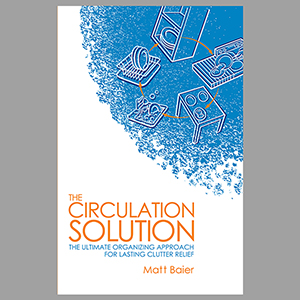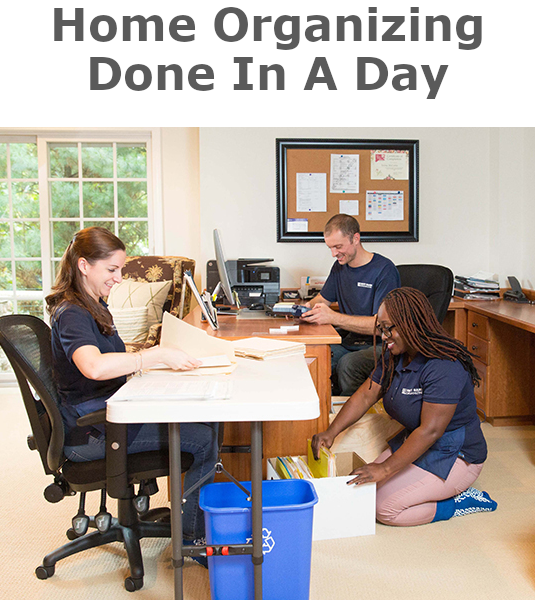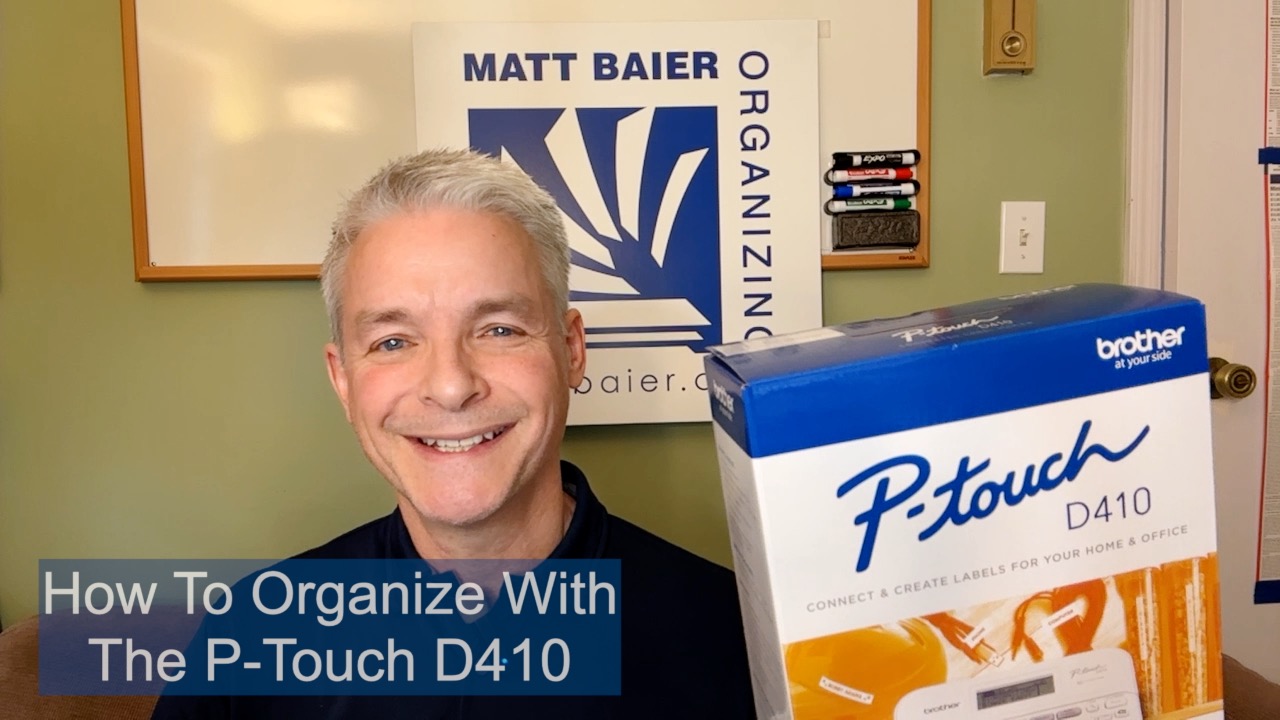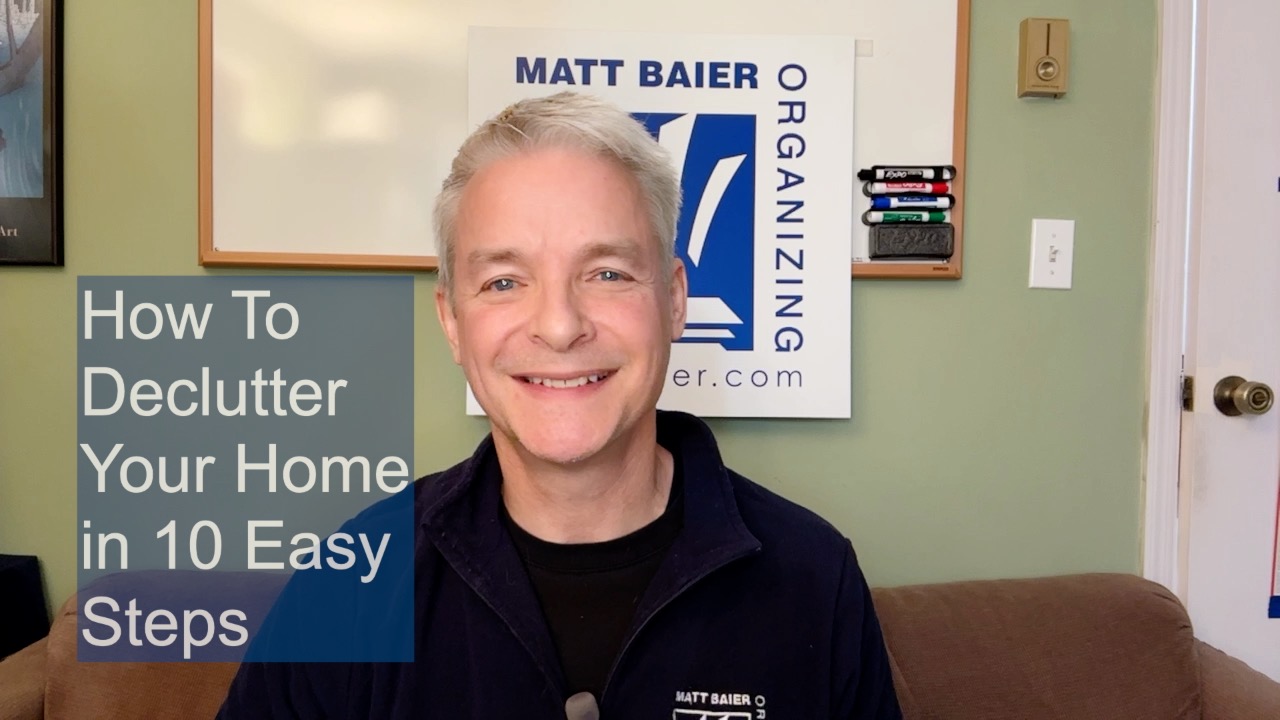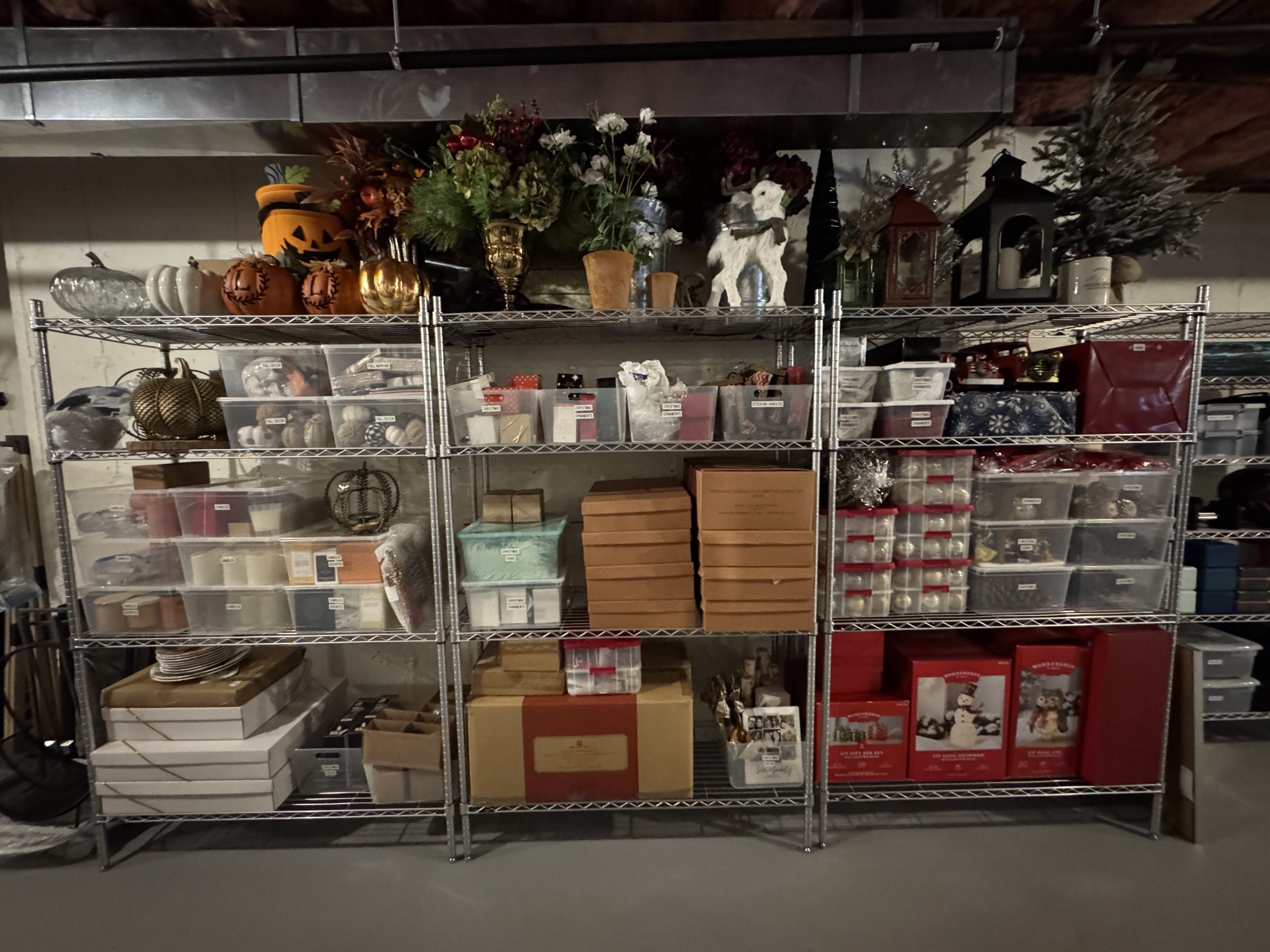Why Your Organizing System Is Still Not Working
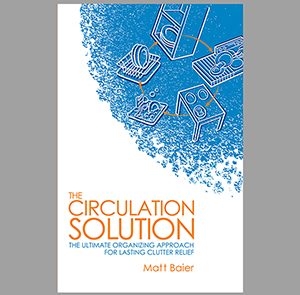 So you’ve bought all these great organizing supplies, done some purging, created a space for everything and everything is in its place, but you still can’t stay organized. What could possibly be missing? The problem is, life doesn’t stand still and neither do your organizing needs. There must be a plan for movement.
So you’ve bought all these great organizing supplies, done some purging, created a space for everything and everything is in its place, but you still can’t stay organized. What could possibly be missing? The problem is, life doesn’t stand still and neither do your organizing needs. There must be a plan for movement.
I have talked about my central organizing philosophy of circulation prevents accumulation many times before and I have actually just finished writing a book on it. Yay! It’s called The Circulation Solution: The Ultimate Organizing Approach For Lasting Clutter Relief, and it will be out in 2015. At the heart of this philosophy, is the idea, that in order to stay organized, every organizing system requires a complete plan for movement forward in a series of manageable, reliable stages.
The perfect example is something most of us are able to keep under control: dishes. Dishes go from cabinet, to counter, to table, to sink, to drying rack, to cabinet again in series of manageable, reliable stages. You need a system like this for everything.
If any one of these stages breaks down, the whole system breaks down. Perhaps dishes pile up in the sink, then they start to overflow onto the counter and food becomes difficult to prepare. Before long, you start running out of a reliable supply of dishes in your cabinet. You no longer have time to deal with the piles that have accumulated, so you order food out, which starts to get expensive.
One of the big reasons that we have a hard time accomplishing things is that we treat projects like tasks. Cleaning out the garage, for example, is not a task, but a project, which can be broken down into a series of tasks. When you recognize that a task is actually a project, made up of many steps, it becomes easier to deal with.
The Circulation Solution pushes this idea one step further. Sometimes, even the tasks need to be broken down further. Let’s return to the dishes in the sink. If you keep avoiding that pile in the sink, break it down. Remove all the big pots and pans for now and place them on the stove. The plates, cups, and flatware that remain should feel significantly more manageable and therefore its completion becomes more reliable. Make the task even more manageable by soaking the dishes in water, that is a hand-soothing heat, and use a dish soap that smells really nice.
Washing the dishes should now be much more pleasant. Before you know it, the sink is clear, you’re feeling great that you are moving forward, and the pots on the stove seem like no big deal. Rather than avoiding unmanageable tasks, always look for ways to break them down into smaller more manageable steps. This applies to all processes– laundry, paperwork, projects, storage, moving—everything.
By the way, if you have a dishwasher, as most of us do, that doesn’t guarantee a circulation of dishes. So if there’s no progress with a dishwasher, look for ways to break the steps down into more manageable, reliable stages. It may actually involve (gasp) using the sink.
Obviously I don’t have the time or space here, to describe how to provide lasting clutter relief for everything. That’s what the book is for. In the meantime, when your organizing systems get stuck, break them down. If they’re still not working, break them down some more!
Please Share With Your Community
Testimonials
What some of our clients are saying
Imagine An Organized Home

